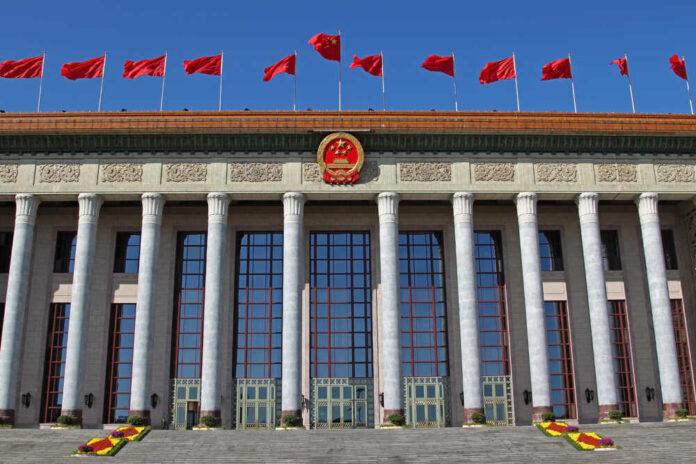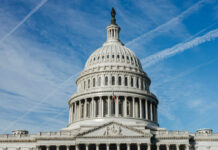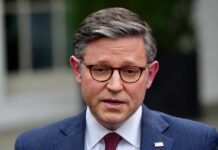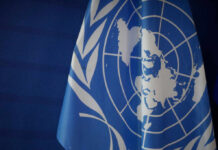
Conservative critics of President Joe Biden have consistently criticized his administration’s foreign policy agenda for its perceived weakness, asserting that he has diminished America’s international reputation while emboldening its enemies.
In a press release last year, U.S. Rep. Steve Scalise (R-LA) highlighted the “failure, weakness, and chaos” that he said has defined Biden’s presidency.
“President Biden’s weak leadership and lack of foreign policy strategy have crippled the United States’ power and influence on the world stage,” he asserted. “Afghanistan has fallen to the Taliban, China has ramped up its aggression against Taiwan, Hong Kong, and the Uyghurs, and now, Russia has invaded Ukraine.”
China’s bold espionage mission involving a massive balloon sent to fly over the continental United States has only given Biden’s detractors more to criticize. Numerous high-profile Republicans denounced the White House’s decision to wait until the spy vessel left South Carolina’s coast to bring it down.
For his part, Sen. Tom Cotton (R-AR), who sits on the Senate Armed Services Committee, said: “We should have shot this balloon down over the Aleutians Islands. We should never have allowed it to transit the entire continental United States.”
It's ridiculous we're debating whether China can send airships over the U.S.
The Chinese Communists laughed at America while Joe Biden let the Chinese spy balloon float across America. pic.twitter.com/aRlWziD9gW
— Tom Cotton (@SenTomCotton) February 10, 2023
As China ramps up its aggression toward Hong Kong and Taiwan while cozying up to Russia, many U.S. intelligence officials say the communist regime requires firm opposition.
“You need to push back on the Chinese right away and show a level of strength,” urged Keith Kellogg, who served as acting national security adviser during the Trump administration.
Instead of leading with strength, he said the Biden administration revealed an inherent weakness that culminated with reports that China’s minister of defense would not even accept U.S. Defense Secretary Lloyd Austin’s call after the spy balloon was first discovered.
“He didn’t take the call,” Kellogg explained. “And I said, ‘OK, that’s just the level of lack of respect that they have for this administration.”
Aside from the immediate threat that comes from China’s belief that it can invade U.S. airspace with relatively minor consequences, Kellogg expressed concerns about what Chinese leaders might feel comfortable doing in the future.
“Who knows what’s going to happen next?” he asked. “And you have to extend that to what they’re going to do with Taiwan because I think they’re testing us seeing how we’re going to respond if something were to happen to Taiwan. Will we respond to it?”













